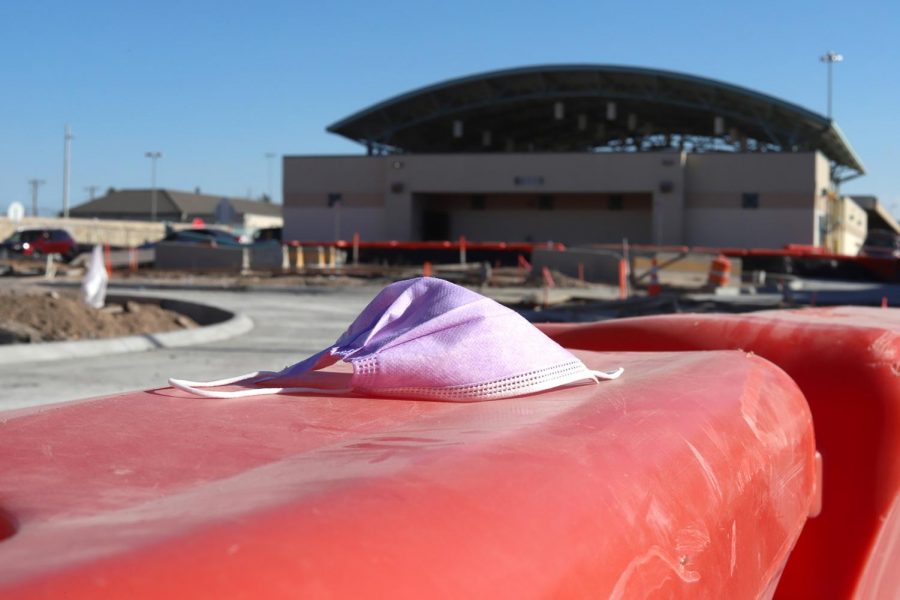On Mar. 20, 2020, then-President Donald Trump agreed with Mexico and Canada to suspend travel and trade for all non-essential reasons in an effort to minimize the spread of COVID-19.
Nineteen months after the borders were first closed, the White House has announced plans to lift restrictions on travel for fully vaccinated visitors starting in early November.
“Starting Nov. 8, travelers from Mexico and Canada who are fully vaccinated for COVID-19 may enter the U.S. for non-essential travel via land and ferry ports of entry,” according to a statement released by the U.S. Department of Homeland Security.
The Centers for Disease Control and Prevention (CDC) said that vaccines only approved by the Food and Drug Administration (FDA) or designated for emergency use by the World Health Organization (WHO) would be accepted for travel by air and land border visitors.
Vaccines that have been approved include Pfizer/BioNTech, Moderna, Janssen (Johnson & Johnson), Oxford-AstraZeneca/Covishield, Sinopharm, and Sinovac.
President of Mexico Andrés Manuel López Obrador has asked the WHO to approve other vaccines produced by China and Russia since millions of Mexicans have been immunized with those vaccines.
Unvaccinated individuals will still be permitted entry for essential travel except by air travel. Travelers would need to have a test within one day of their flight’s departure for the United States and an additional test when they return.
White House Press Secretary Jen Psaki indicated on Sept. 20 that those rules “at this point, would also apply to children.”
“We have been talking to U.S. Customs and Border Protection for months in anticipation of this day coming,” said David Coronado, El Paso Managing Director of International Bridges and Economic Development, during an interview for Border Report. “Now that it’s here, we have some general rules and guidelines, but we need to work on specifics.”
The restrictions for reopening the border will be modified in two phases. The first will start on Nov. 8. During phase one, foreign nationals with valid travel documents, including people who hold a B1/B2 visa and have the full dose of any approved vaccine, will be allowed to enter the U.S. for non-essential purposes such as family visits and tourism.
Phase two would start in early January 2022. During this phase, all travelers across U.S. land borders, including those traveling for essential reasons, will be required to show proof of vaccination against COVID-19.
El Paso business owners have seen a drastic drop in customers because of travel restrictions.
In an interview for KVIA-7, the CEO of the El Paso Hispanic Chamber of Commerce, Cindy Ramos, said, “I know for a fact during the pandemic shutdown 30% of all businesses closed. 45 businesses in downtown El Paso closed due to border restrictions. Those are big numbers.”
According to Border Report, the economics and finance department in the College of Business at the University of Texas at El Paso estimates that Mexican shoppers and businesses account for 15% of El Paso’s economy.
“Many El Paso businesses are having trouble hiring employees and with delays in their supply chains,” said David Jerome, president, and CEO of the El Paso Chamber of Commerce. “A full border opening should help. More generally, we welcome back our neighbors.”
Eduardo A. Flores is a contributor and may be reached at [email protected].













